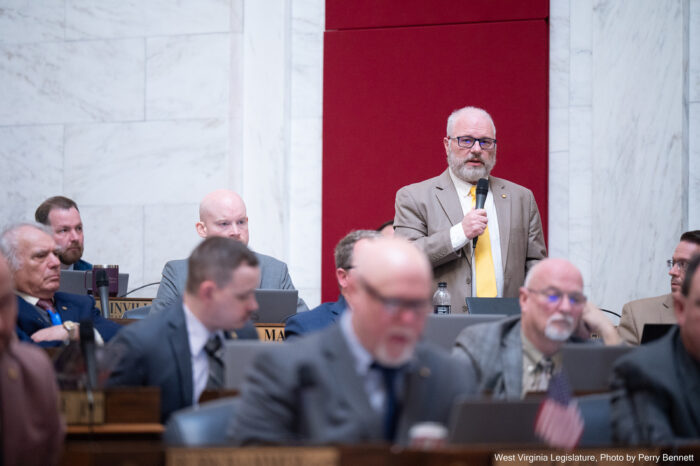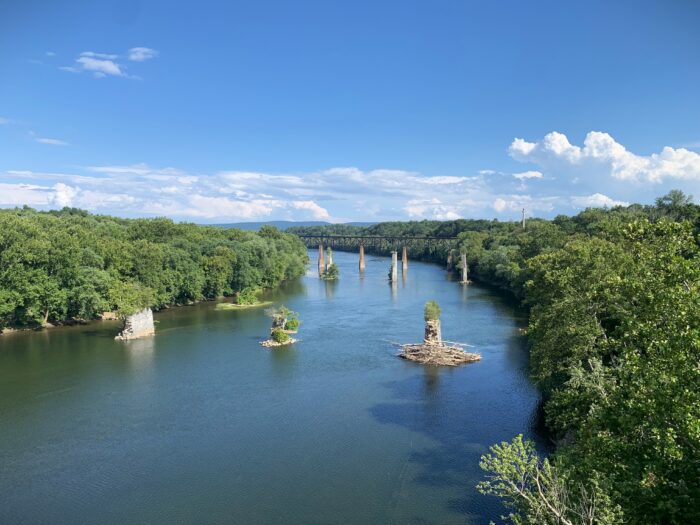Your browser doesn't support audio playback.
The West Virginia House of Delegates passed a resolution Tuesday opposing the redesignation of a segment of the Potomac River.
The federal government classifies waterways according to the aquatic life species that live in them, namely as cold water, warm water or mixed aquatic life zones.
The Potomac River runs along the border of western Maryland and West Virginia’s Eastern Panhandle.
Recently, the Maryland Department of the Environment has sought to expand the designation of cold water aquatic life areas, arguing that the ecological impacts of climate change demand closer monitoring of changes to water temperatures.
“As climate change causes stream temperatures to rise, cold water habitats like those in the North Branch Potomac River are becoming increasingly rare,” reads a department webpage. “Protecting these habitats is essential for species like trout, which are highly sensitive to warming.”
But West Virginia House Concurrent Resolution 49 argues that reclassifying the waterway would be detrimental to local industrial projects, because it would require them to monitor the temperature of discharges into local waterways.

Photo Credit: Perry Bennett/WV Legislative Photo
The resolution specifically refers to a segment of the Potomac River that begins at the mouth of Maryland’s Savage River, and continues through the community of Pinto, Maryland.
The reclassification would “impose an unreasonable burden on interstate commerce and on the State of West Virginia,” the resolution reads. The resolution also urges the attorney general to investigate the constitutionality of a reclassification.
“Discharges from the West Virginia side of the river will have to be cooled down… adding costs to West Virginia businesses,” said the resolution’s lead sponsor, Del. Gary Howell, R-Mineral. Howell’s House district is bordered by a portion of the Potomac that would be affected by a reclassification of the northern branch of the river.
“The resolution is requesting that Maryland reject this so that we don’t have to go to court if they do this to fight for West Virginia,” he said.
Members of the House did not discuss the resolution after Howell introduced it, and voted to pass it by a verbal vote majority.
To be fully adopted by the West Virginia Legislature, the resolution must first pass a vote from the West Virginia Senate, which will now have the opportunity to consider the proposal.
